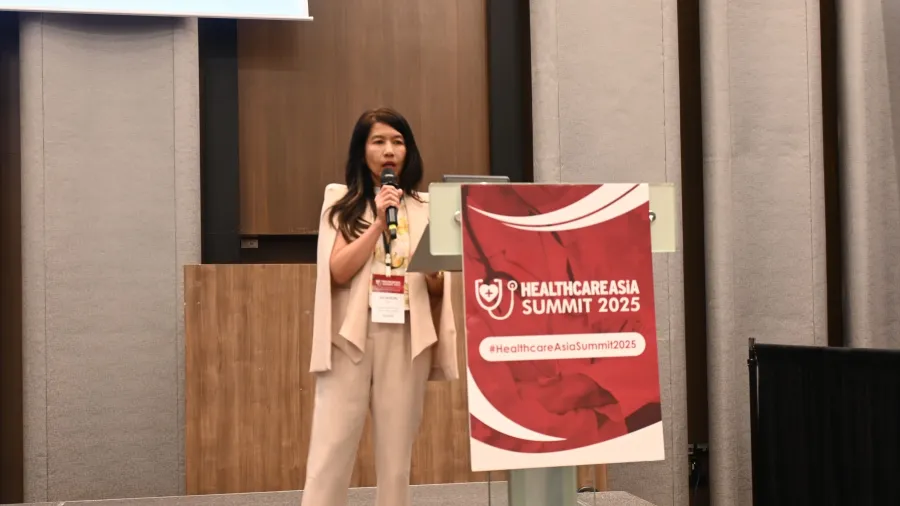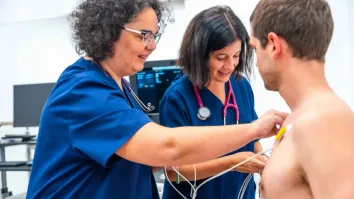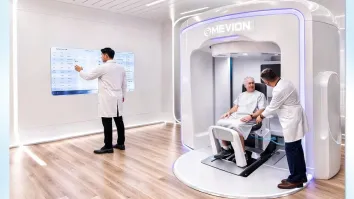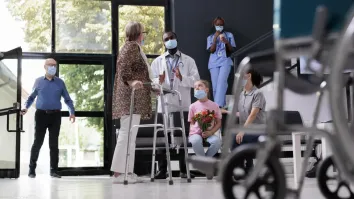
Bangkok Hospital Pattaya promptly treats heart disease through app
Doctors act on the warning signs before a crisis erupts.
Bangkok Hospital Pattaya is treating heart disease early in its stage using an app-integrated health assessment tool that identifies a patient’s 10-year risk in under a minute.
“Once a patient finishes the health assessment, their information is available on our BPH Connect app,” Adjariya Ezor, chief information officer at Bangkok Hospital Pattaya and Jomtien Hospital, told the Healthcare Asia Summit 2025 in Kuala Lumpur on 9 April.
“If results show high risks, our platform alerts a cardiologist, books a virtual consult, and schedules a lab test all before they feel a single symptom,” she pointed out.
The BPH Connect app, called a “digital nervous system” by the biggest tertiary referral hospital on the Eastern Seaboard of Thailand, features a dashboard that classifies patient health risk scores using a colour-coded system—green for low risk, yellow for moderate, and red for high.
“At a glance, nurses can identify who needs urgent cardiology support or who needs lifestyle intervention,” she said. “Because we’ve integrated this system with our EMR (electronic medical record), high-risk alerts are triggered automatically.”
The Chonburi-based hospital’s heart disease risk tool, which factors in cholesterol levels, can be 92% accurate, Ezor said. “This isn’t just a calculator; it’s a lifeline.”
“Initially, we focused on heart, brain, and bone health. We later expanded to other areas, including child development and elderly care screening,” she added.
Ezor said they started a value-based care model that seeks to increase life expectancy to more than 85 years in 2023, after the COVID-19 pandemic. “We call this our ‘mission to the moon.’”
A screening prototype test on hospital staff showed that almost 80% were at high risk of a heart attack due to high levels of bad cholesterol. “That’s why we’re investing in screening models.”
“From dementia screening to joint health scores, we’ve built Thailand’s most comprehensive risk-assessment suite validated by partners such as the American College of Cardiology,” Ezor said.
But tools alone aren’t enough, which led Bangkok Hospital Pattaya to create the app, which quickly alerts doctors to health risks so they can treat the most urgent cases first.
Meanwhile, the Thai hospital also conducts school-based mental health screenings, where it found that over 75% of young people with depression go untreated. “We’ve also extended our assessments to large companies near Pattaya City.”
“This is the future of medicine,” Ezor said. “We do not wait for a crisis—we act on the warning signs in time.”



















 Advertise
Advertise






